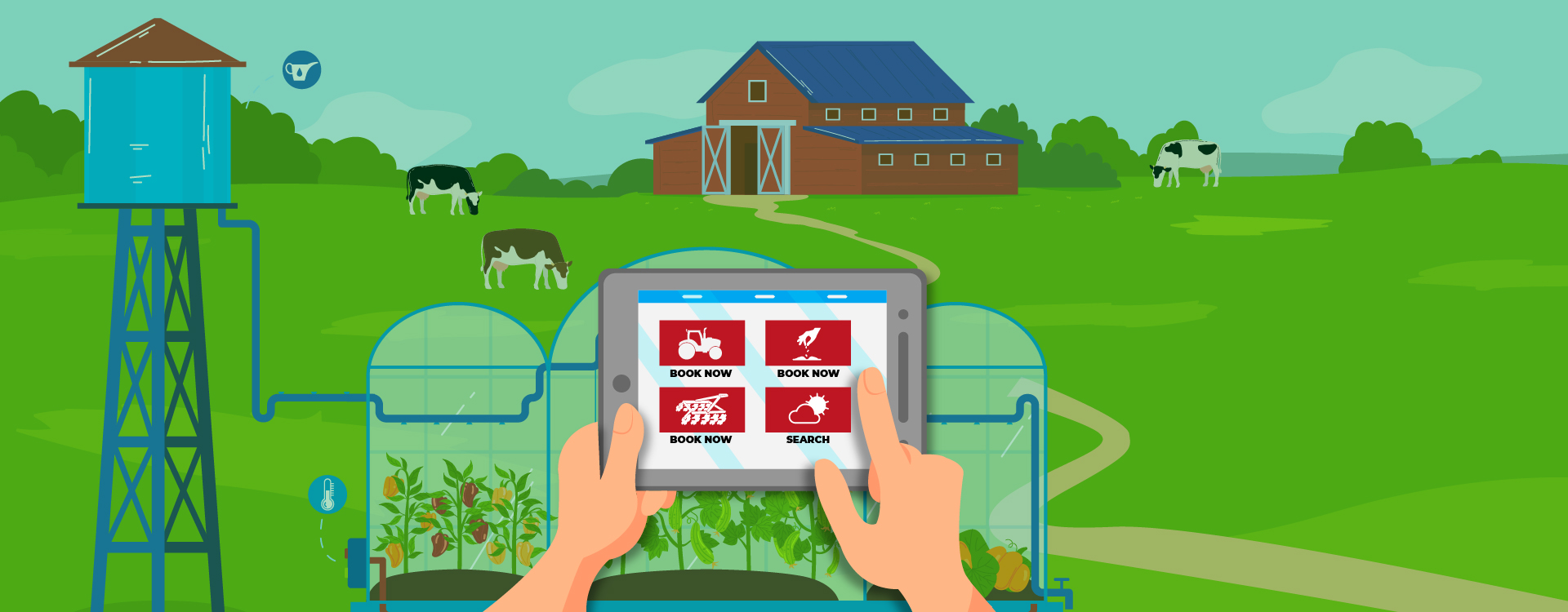It has been garnering investors interest over the past few years with growth-stage and late-stage start-ups such as EM3 and BigHaat growing steadily. However, the business viability of the segment remains challenging with start-ups such as Oxen Farms Solutions, Gold Farm and Ravgo bringing the shutters down.
Overcoming the Challenge of an Asset-heavy Model
The most mature sub-segment within FaaS is farm mechanism where the startup acts either as an aggregator or directly provides a whole range of equipment and machinery like tractors, tube wells, seed drills, seedling trans-planters, cutting saws etc on rental basis.
The business model here is asset-heavy besides, the majority of these high-value equipment are used four or five times a year, and hence, the return on investment is low. Thus, start-ups need to find a value proposition by predicting the demand and engaging, for instance, tractors for other activities like transportation throughout the year. Hence, the challenge of utilisation and idle time for equipment must be addressed to make the business model feasible.
‘‘
Most of the start-ups, which started by solely focusing on mechanisation, have managed to survive by delivering solutions across the supply chain today.
Economies of scale also need to come to play here by catering to a larger number of farmers on shareable terms.
The problem is that FaaS start-ups work for small and marginal farmers unlike other segments which are more consumer-focused. Therefore, keeping the capex under control becomes a challenge. For instance, EM3 Agri Services, initially operated custom hire centers with its own machines. But this approach was later replaced by an asset-light strategy. In the current franchise model, franchisees own the machines and EM3 provides support functions like providing know-how and acquiring customers. The franchisees pay 5% of every transaction to EM3 every month.
Full-stack Platform is the Way Forward
Instead of building a business exclusively around FaaS, start-ups must focus on adding it as one of the services on a large farmer-focused platform as equipment rental as a standalone model may not work for all. This way the start-ups would not have to maximise monetisation in any one area. For instance, DeHaat grew into a full-stack agricultural services provider platform overtime.
Most of the start-ups, which started by solely focusing on mechanisation, have managed to survive by delivering solutions across the supply chain today and adding multiple revenue streams like advisory on best crops, sowing techniques and insuring against climates using crop science, data analytics and technology. Example: Krishify, Ujjay and Agrix.
Some start-ups like BigHaat connect farmers to marketplaces for buying seeds and other essential items for Agri production and charge a commission on the same.




